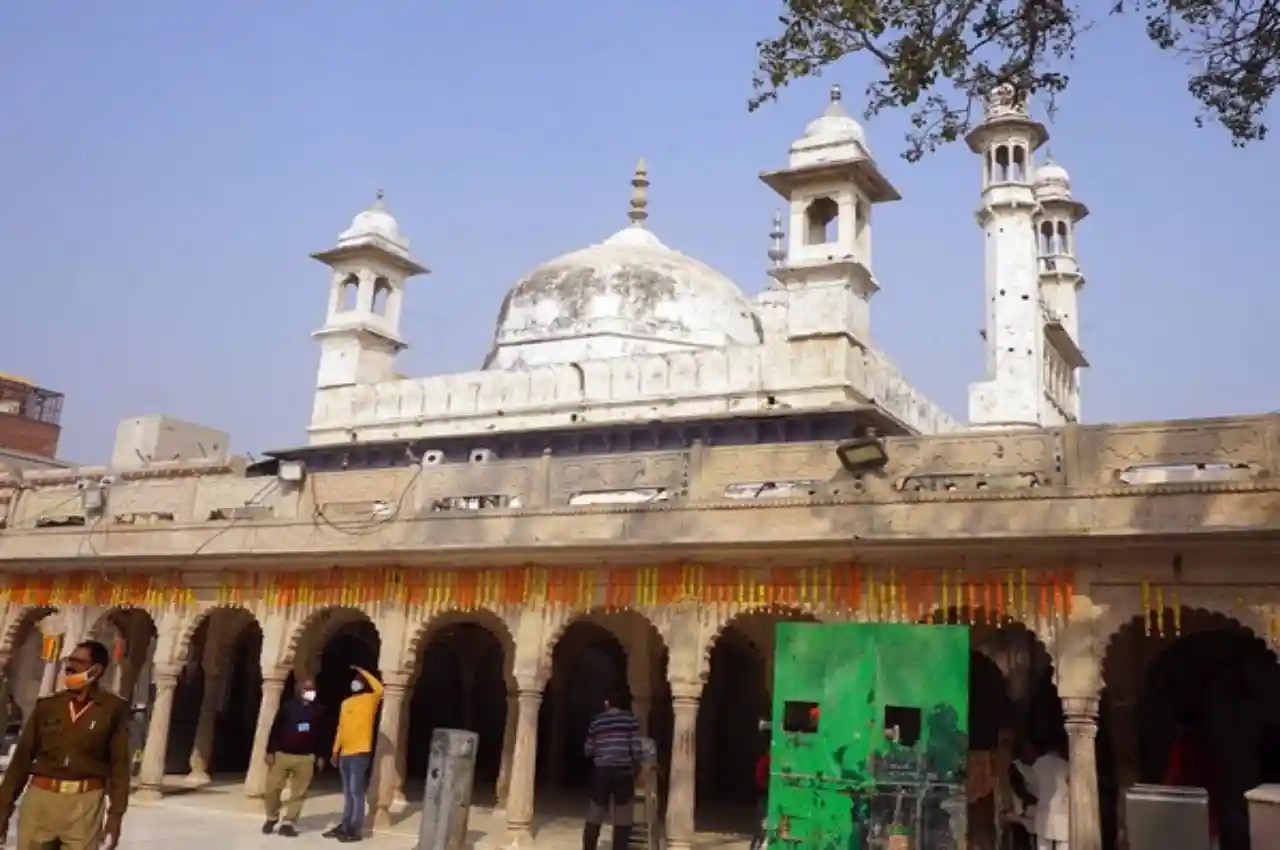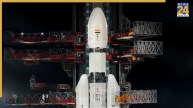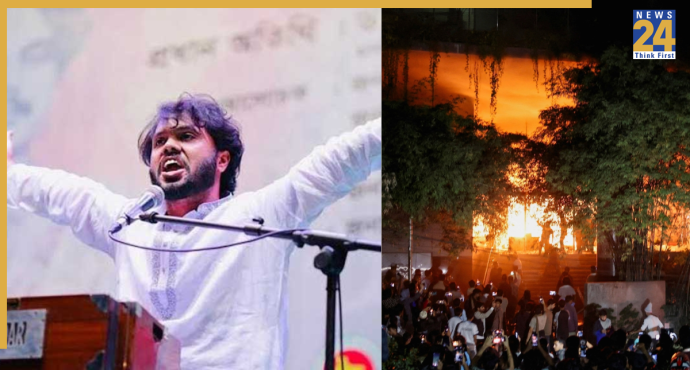Gyanvapi Mosque: A district court on Varanasi on Friday has reserved its order regarding the petition seeking a scientific survey of Gyanvapi mosque.
The petition was filed by the Hindu side seeking direction to the Archaeological Survey of India (ASI) to survey the entire Gyanvapi mosque complex.
According to the Counsel for the Hindu side, Anupam Dwivedi, the district court heard both sides today and reserved its order for July 21 on a petition seeking a scientific survey of Gyanvapi mosque.
Another Lawyer presenting the Hindu side, Vishnu Shankar Jain said, “We kept our point in front of the court… Honorable Supreme Court on May 21 gave judgment in our favour.. we kept our viewpoint in front of the district court seeking an investigation of the site by ASI… Let us wait for the court’s order.”
#WATCH | Varanasi | “The district court heard both sides today and reserved its order for July 21 on a petition seeking a scientific survey of Gyanvapi mosque”, Says Advocate Anupam Dwivedi, representing the Hindu side in the Gyanvapi mosque case pic.twitter.com/23GCYuL8yr
— ANI (@ANI) July 14, 2023
In May, the court agreed to hear a plea for a survey by the Archaeological Survey of India (ASI) of the entire Gyanvapi mosque complex, located next to the Kashi Vishwanath temple. The court had accepted the petition of advocate Vishnu Shankar Jain, representing the Hindu side.
After considering Vishnu Jain’s plea, the court asked the Gyanvapi Masjid Committee to file its reply on the submissions made by the Hindu side. After hearing both the sides, the court has now reserved its decision on carbon dating.
What is carbon dating?
It is easy to find out the age of a person on the basis of his year of birth. But finding out the age of an object or plants, dead animals or fossil remains is a complicated task. Dating plays an important role in understanding the history of objects or the process of evolution of different species over centuries.
How does carbon dating help determine age?
As plants, animals and humans die, they throw off the balance of carbon-14 in the system, as the carbon is no longer absorbed. Meanwhile, the accumulated carbon-14 begins to decay. Scientists analyze the remains by carbon dating them to establish the age.
Besides carbon, potassium-40 is also an element that can be analyzed for radioactive dating. Potassium-40 has a half-life of 1.3 billion years, so do uranium-235 with a half-life of 704 million years and thorium-232 with a half-life of 14 billion years. It is used to estimate the geologic age of objects such as rocks.













